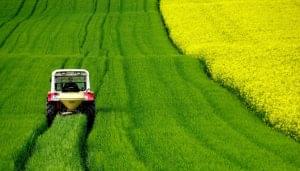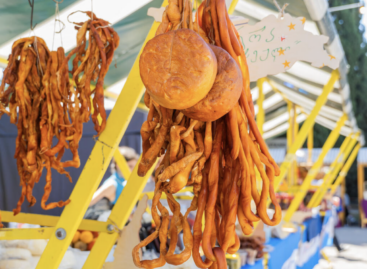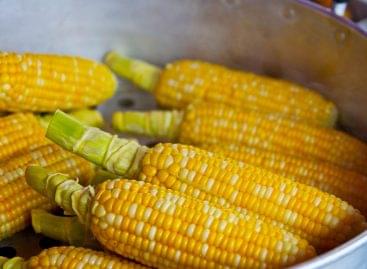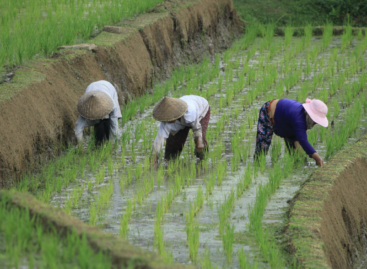Through automation, we can rebuild agri-food systems
FAO publication on the state of food and agriculture addresses job losses and reducing inequalities

(Photo: Pixabay)
Automation in agriculture – which can mean the use of agricultural machines or artificial intelligence – can play an important role in making food production more efficient and sustainable. At the same time, however, it can also increase inequalities, especially if their application is not available to small farmers, young people or women. The State of Food and Agriculture in 2022, a publication produced every year by the Food and Agriculture Organization of the United Nations (FAO), analyzes how automation in agri-food systems can contribute to the implementation of the Sustainable Development Goals and provides advice in this context. for decision-makers to exploit this potential and avoid mistakes. Starting with tractors for hire in Ghana or the packaging of sea crabs using machine learning and robotics in Mexico, the report presents 27 case studies from many parts of the world that use different levels of technology, according to the size and income of the producer.
It also explores the root of technology adoption and the many factors that hinder it, especially for small farmers.
Based on this analysis, the FAO report also makes several policy recommendations to create inclusive, sustainable and resilient agri-food systems through agricultural automation.
Furthermore, the report addresses the most common concern about automation – that it will cause job losses – stating that this fear is unfounded in the light of experience so far. In general, it can be stated that automation alleviates labor shortages and makes agriculture more resilient and efficient, as well as increases product quality, resource efficiency, contributes to appropriate working conditions and environmental sustainability, the publication claims.
“We at FAO believe that without technological development and increased productivity, hundreds of millions of people in need cannot be freed from the shackles of poverty, hunger and nutritional problems,” wrote FAO Director-General Csü Tong-yü in the foreword to the volume. “What is most important is how we carry out the process, not whether or not it happens. We need to ensure that automation is introduced in a way that supports inclusivity and sustainability.”
FAO
Related news
FAO food price index falls for five months
🎧 Hallgasd a cikket: Lejátszás Szünet Folytatás Leállítás Nyelv: Auto…
Read more >Corn 2026: soil moisture and hybrid choice may decide the season
🎧 Hallgasd a cikket: Lejátszás Szünet Folytatás Leállítás Nyelv: Auto…
Read more >Related news
Festival buzz at the 60th anniversary EuroShop trade fair
🎧 Hallgasd a cikket: Lejátszás Szünet Folytatás Leállítás Nyelv: Auto…
Read more >Historic price reduction at ALDI
🎧 Hallgasd a cikket: Lejátszás Szünet Folytatás Leállítás Nyelv: Auto…
Read more >








